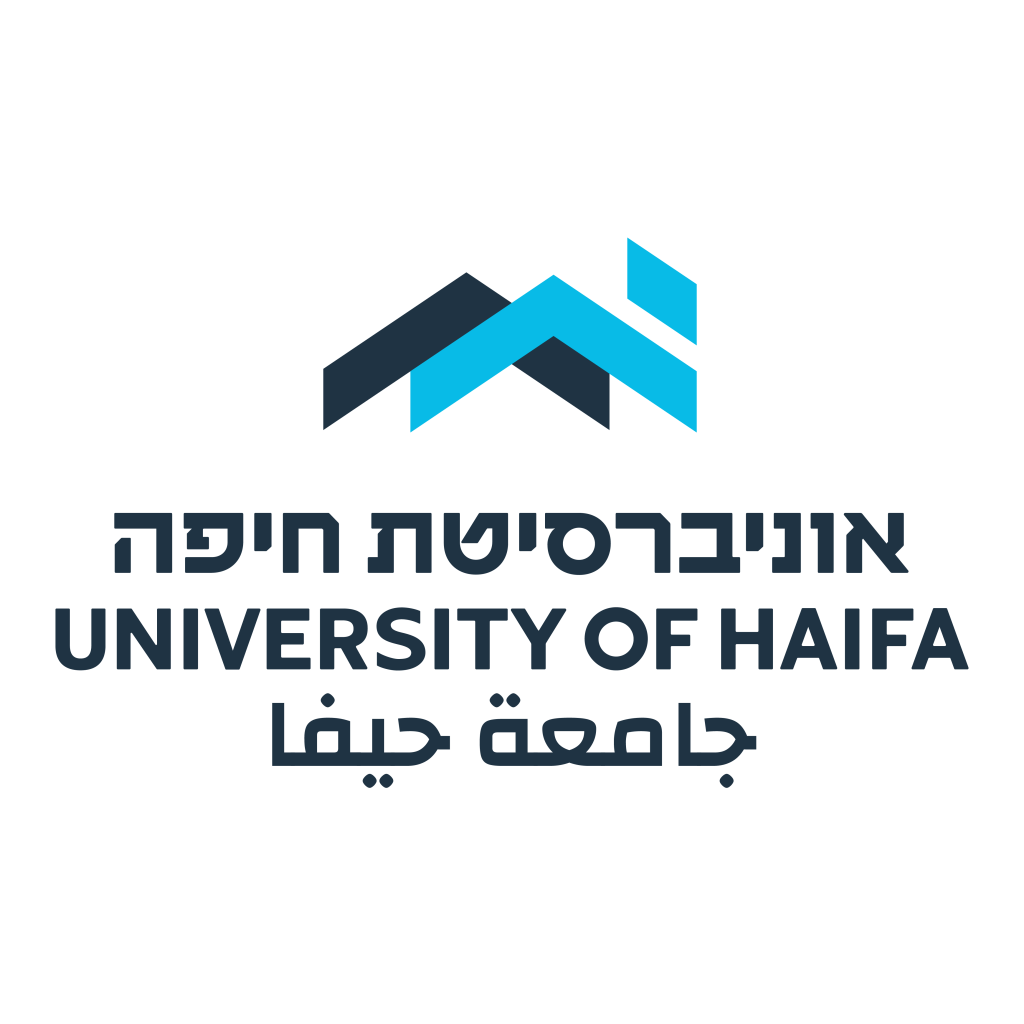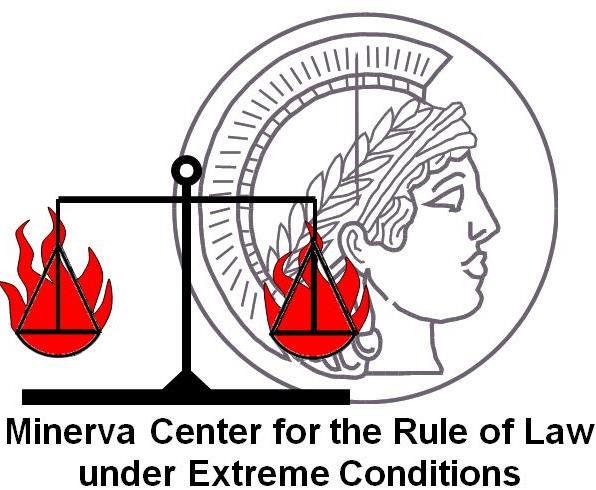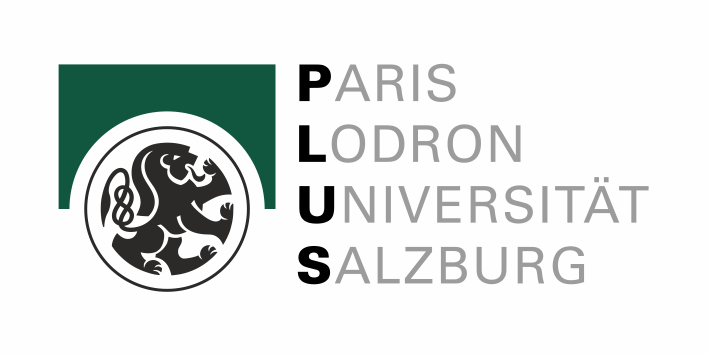The Human Dimension of Warfare
The 6th Young Researchers Workshop on Terrorism and Belligerency
November 7 – 9, 2024, Salzburg, Austria
Participants
(in alphabetical order)

Alexander Kmentt
Ambassador Alexander Kmentt is the Director of the Disarmament, Arms Control and Non-Proliferation Department of the Austrian Foreign Ministry.
In his diplomatic career, Ambassador Alexander Kmentt has worked extensively on disarmament and non-proliferation issues, including as Deputy Permanent Representative of Austria to the Conference on Disarmament in Geneva and as Special Assistant to the Executive Secretary in the Preparatory Commission of the Comprehensive Nuclear Test-Ban Treaty Organisation and from 2011-16 as Director of the Department for Disarmament, Arms Control and Non-Proliferation at the Austrian Ministry for Foreign Affairs; a position which he resumed in 2021. From 2016-19, Kmentt served as Ambassador and Permanent Representative to the Political and Security Committee of the EU.
Kmentt is one of the architects of the initiative on the humanitarian impact of nuclear weapons and the Treaty on the Prohibition of Nuclear Weapons (TPNW). He was responsible for the 2014 Vienna Conference on the Humanitarian Impact of Nuclear Weapons for which he conceived the Humanitarian Pledge that garnered the support of 135 States and paved the way for the 2017 TPNWs. He was elected “Arms Control Person of the Year 2014” by the US-based Arms Control Association. He was also awared in 2021 the Simons Foundation Award for Distinguished Global Leadership in the Service of Peace and Disarmament and the Sean MacBride Peace Prize in 2022 by the International Peace Bureau. He served as President of of the First Meeting of States Parties of the TPNW, which took place from 21-23 June 2022 in Vienna.
Alexander Kmentt holds an Austrian Law Degree and an MPhil in International Relations from Cambridge University (UK). He is married and has two grown up children.

Astrid Reisinger Coracini
Dr. Astrid Reisinger Coracini is an international law scholar and consultant. She teaches at the University of Vienna and has served as the director of the Salzburg Law School on International Criminal Law, Humanitarian Law and Human Rights Law. Her research focuses on sources of international law, the use of force, international criminal law, and international humanitarian law. She participated in the negotiations of the Special Working Group on the Crime of Aggression and has been a member of the Austrian delegations to the Assembly of States Parties, the first Review Conference of the Rome Statute of the International Criminal Court, and the Committee for Protection of Cultural Property in the Event of Armed Conflict. On national level, Dr. Reisinger Coracini was part of the expert groups for the implementation of crimes under international law in the Austrian criminal code and the implementation of the crime of aggression in the German code of crimes against international law. She is a member of the Council of Advisers of the Global Institute for the Prevention of Aggression and serves on the Advisory Boards of the Centre for the Enforcement of Human Rights International and the Austrian Research Centre for Post-War Trials.
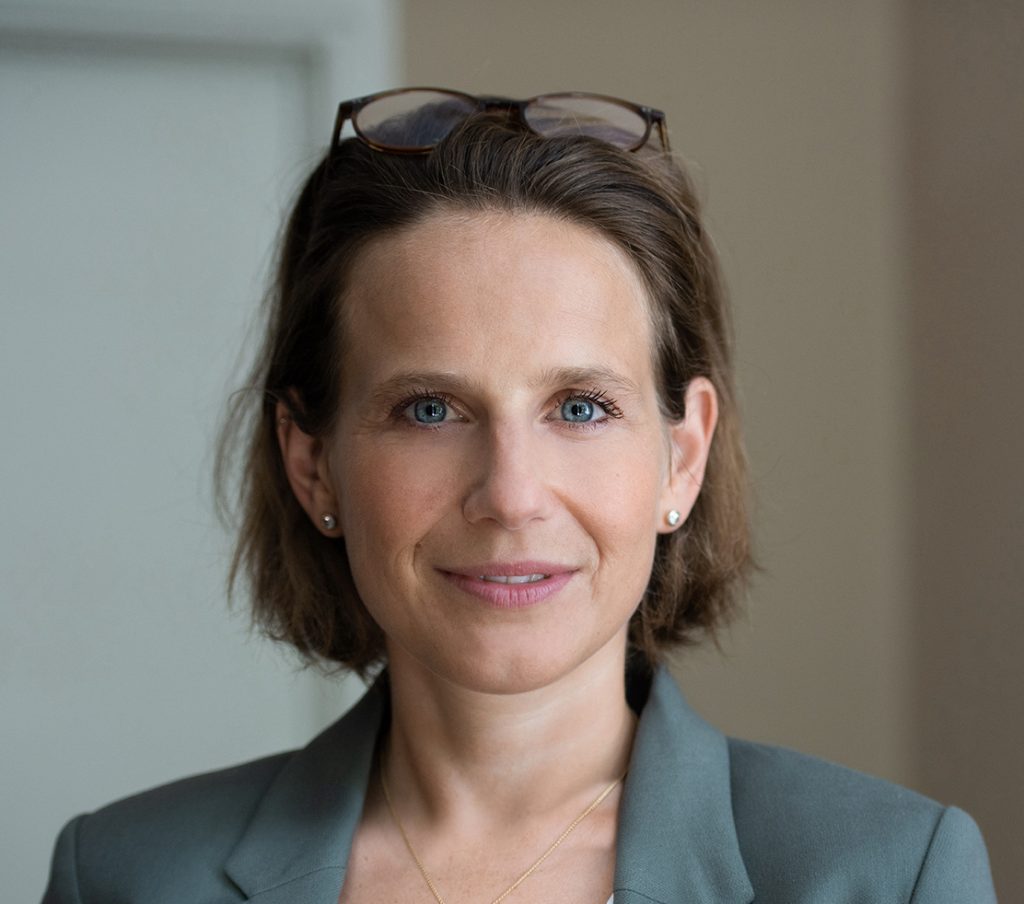
Recently published briefs: „Was tun?“ sprach der CISO, „GenAI krempelt gerade meine Cybersicherheit um.“ (https://www.digitale-
Bettina Bacher
Dr. Bettina Bacher studied law at the University of Fribourg (Switzerland) as well as at the University of Alabama, Tuscaloosa (USA), and was admitted to the bar in Bern (Switzerland) in 2005. She obtained a PhD from the University of Fribourg in 2015 with a thesis on the conflict between freedom of speech and privacy in private law. For 15 years, she taught legal writing and legal theory at the University of Fribourg. In addition, she worked for two years at the Swiss
Federal Department of Justice, where she was responsible for amending the Swiss Data Protection Law and its adoption to the European GDPR. Since 2018, she has been working on her habilitation thesis examining, how private law can address societal change in the context of digitalization. She obtained a two-year fellowship with the Swiss National Foundation for Scientific Research, spending time as a research fellow at the Weizenbaum Institute in Berlin, the Max Planck Institute for Comparative and International Private Law in Hamburg, and the Institute of Law and Technology at Masaryk University in Brno, where she has been working as a postdoc researcher since 2021.

Dominika Iwan-Sojka
Dr. Dominika Iwan-Sojka is an assistant professor at the University of Silesia in Katowice, and a member of the Research Group on International Law and Human Rights at the Faculty of Law and Administration of the University of Silesia in Katowice. She is also a Dean’s Plenipotentiary for the Erasmus+ Program.
Her PhD thesis “The responsibility for using autonomous weapon systems in international humanitarian law” has been successfully completed in 2020. Previously, she worked with the Silesian Centre for Arbitration and Mediation, Polish Commissioner for Human Rights, and interned with the Organisation for Aid to Refugees in Prague. Her research concerns impacts of neural networks on international human rights law and international humanitarian law.
She is a primary investigator in the research project ‘The prohibition of discrimination in algorithmic decision-making’ financed by the National Science Centre of Poland.
Latest publications:
- Iwan, ‘The Use of Artificial Intelligence in armed conflicts – implications for state responsibility’ in Regulating Artificial Intelligence in Industry (ed. D.M. Bielicki), Routledge 2022.
- D. Iwan, Is Transparency Excluded Where Autonomous Weapons Systems Are Concerned?, [2021] 17 Democracy and Security 3, pp. 1-25. DOI 10.1080/17419166.2021.2016403.

Emanuela Gillard
Dr. Emanuela-Chiara Gillard is a Senior Research Fellow at the Oxford Institute for Ethics, Law and Armed Conflict, and an Associate Fellow in Chatham House’s International Law Programme.
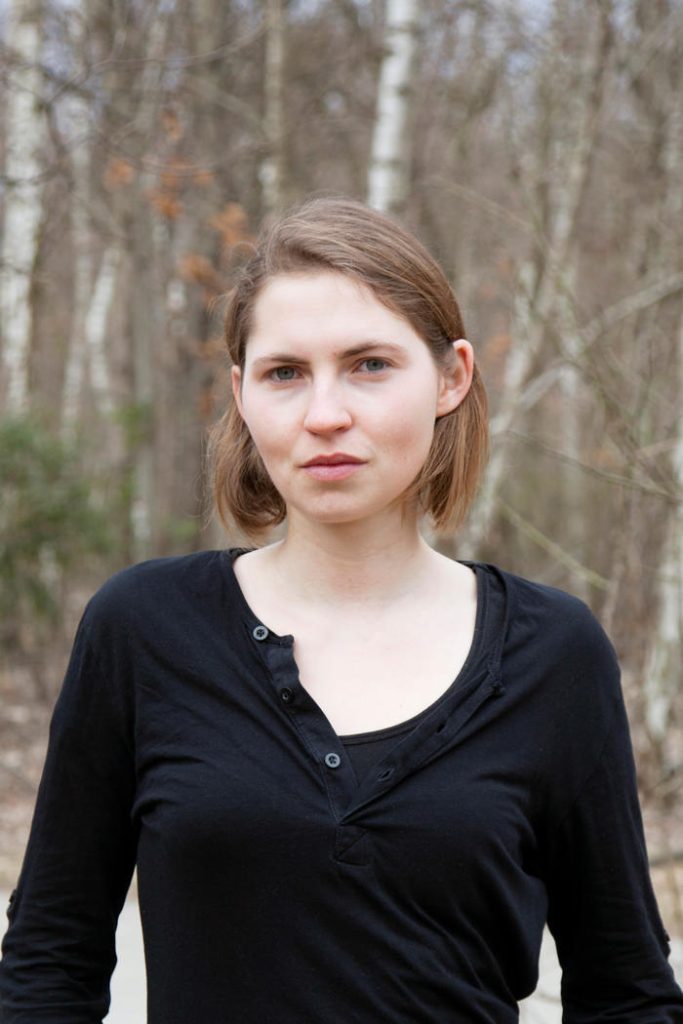
Hannah Kiel
Dr. Hannah Kiel recently published her book “Arms Transfers to Non-State Actors. The Erosion of Norms in International Law” with Edward Elgar Publishing.
Hannah holds a PhD from Freie Universität Berlin and has been a visiting scholar at the University of Melbourne and McGill University. She has worked with the European Center for Constitutional and Human Rights on strategic litigation on arms exports and humanitarian law, and with the IANSA Women’s Network on the inclusion of gender issues in international arms treaties. At the German Federal Ministry of Labor and Social Affairs and the German Permanent Mission to International Organizations in Geneva, she worked on labor standards in free trade agreements, WTO dispute settlement, and sanctions under international law.
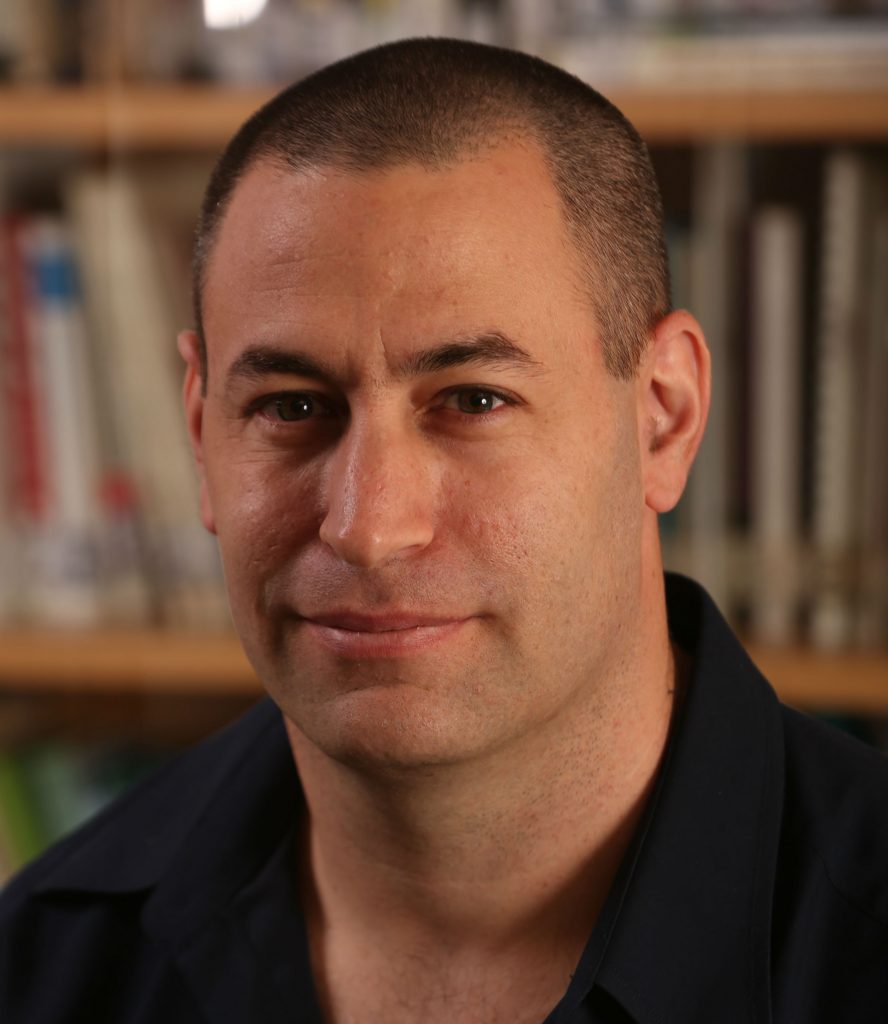
Ido Rosenzweig
Dr. Ido Rosenzweig is the Director of Cyber, Belligerencies and Terrorism Research, Minerva Center for the Study of Law under Extreme Conditions. He is an international lawyer with expertise in international humanitarian law (laws of armed conflict) and international human rights law. Prior to his work at the Minerva Center, Ido worked as a researcher at the Israel Democracy Institute (in the Terrorism and Democracy Research Division) (2009-2014).
He has served as the coach for the Interdisciplinary Center’s International Humanitarian Law team (2009 – 2013), directed the “Amicus Curiea” International Human Rights Law Clinic at the Concord Centre in the College of Management (2010 – 2012). He is the co-founder and chairman of ALMA – Association for the Promotion of International Humanitarian Law since 2010. Ido earned his law degrees at Tel Aviv University (LL.B, 2005) (LL.M cum laude, 2010) and Northwestern University (LL.M, with honors, 2010). He served in the International Law Department of the Israeli Ministry of Foreign Affairs (2006 – 2008), is a member of the Israel Bar Association (since 2007) and an experienced computer programmer.

Joaquin Zuckerberg
Mr. Joaquin Zuckerberg is a Crime Prevention and Criminal Justice Officer at the Terrorism Prevention Branch, United Nations Office on Drugs and Crime. He was previously an attorney at a law firm specializing in the representation of victims of international terrorism, genocide, crimes against humanity and other serious human rights violations. In the past, Mr. Zuckerberg worked as legal counsel for the Ontario Attorney General in Canada and the Department of Special International Affairs at the Israeli Ministry of Justice. He was an adjunct professor at the law faculties of the University of Toronto and the University of Windsor. He was also a researcher and project coordinator for several human rights NGOs in Canada, the US, Argentina and Brazil. Previous to that he worked as an immigration and refugee lawyer in Toronto and as staff attorney at the Center for Justice and International Law in Costa Rica. Mr. Zuckerberg holds a Masters in Law from Columbia University and a law degree from the University of Ottawa. He also received his M.A. in International Development from the Norman Paterson School of International Affairs at Carleton University, Ottawa and his B.A. in International Affairs from the Hebrew University of Jerusalem.

Kire Babanoski
Dr. Kire Babanoski comes from North Macedonia, holding a doctoral degree in the field of security. He has work experience from the university, having served as a teaching assistant and assistant professor, and has also conducted research within the civil society sector. Driven by his passion for independent research, his primary areas of focus include security, illegal trafficking, terrorism, extremism, and radicalization.

Kirsten Schmalenbach
Professor Dr. Kirsten Schmalenbach graduated with a law degree from the University of Cologne where, in 2002, she obtained the qualification to teach public law, European Union law and public international law at universities. After holding a chair in public law at the University of Bayreuth (Germany), she accepted in 2003 a post as full professor at the Institute for International Law and International Relations at the Karl-Franzens-University in Graz (Austria). Since 2010, she has been the full professor for International and European Union Law at the Paris-Lodron-University in Salzburg (Austria). In addition to her professorship positions, she has served in various positions at the Academic Advisory Boards of Universities of Jena and Vienna as well as the Advisory Board for European Union Law at the Austrian Foreign Ministry, the Advisory Board for International Human Lights Law at both the German and the Austrian Foreign Ministry, and the Editorial Board of the International Organizations Law Review. Professor Schmalenbach has focused on a number of aspects of public international law throughout her career and is recognized for her work in the law of international organizations (esp. the law governing their responsibility and liability as well as United Nations law) the legal sources of international law (co-editor on the Commentary on the Vienna Convention in the Law of Treaties, Springer International) and the law governing multilateral and unilateral sanction regimes (serving as counsel for affected companies). Currently, she is lead researcher on a project on United Nations’ third-party liability which is being funded by the Austrian Science Fund (2021-2025).
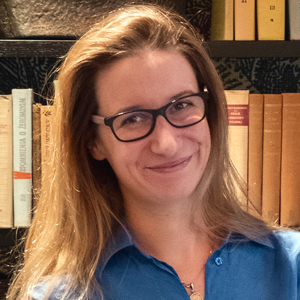
Magdalena (Magda) Pacholska
Dr. Magdalena (Magda) Pacholska is a post-doctoral fellow at the Minerva Center for the Rule of Law under Extreme Conditions. Magda was a Marie Skłodowska-Curie Postdoctoral Fellow at the Asser Institute (University of Amsterdam) where she was part of the Designing International Law and Ethics into Military Artificial Intelligence (DILEMA) Project. Before that, she worked as a legal adviser at the Polish General Command of the Armed Forces, where she focused on the legal aspects of interoperability in joint operations. She holds a Ph.D. from the Hebrew University of Jerusalem and an LL.M. in International Criminal Law from the University of Amsterdam (joint program with Columbia Law School).
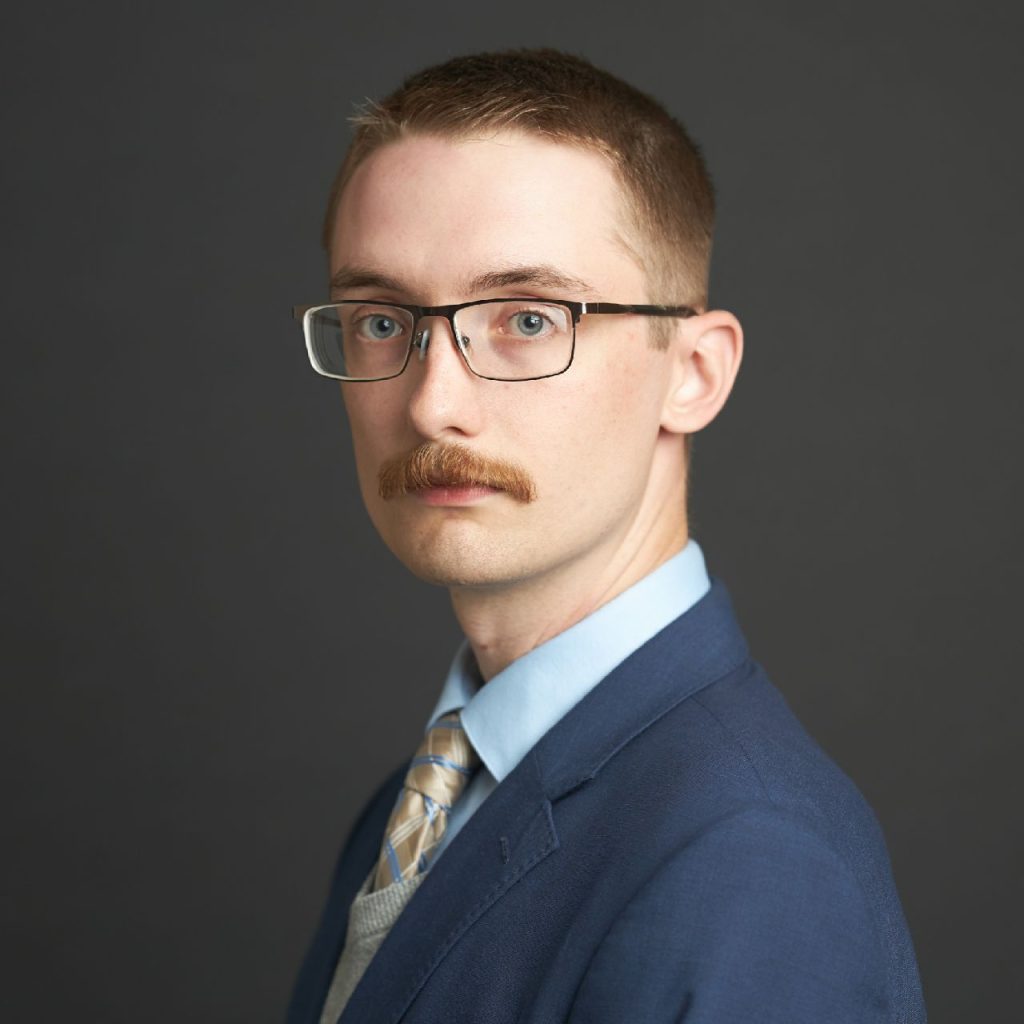
Magnus Imber
Magnus Imber is a philosophy Ph.D. student at Boston College. He recently earned his M.A. from Western Michigan University, where he taught courses on political philosophy and philosophy of law. There, he also served as an editorial assistant for a forthcoming bioethics textbook and organized several academic philosophy conferences. His research works to examine and analyze the underpinnings and characteristic problems of modernity, whether they be hermeneutic or political. In particular, he is interested in how modern conceptions of individual and collective identity inform legal, political protections and enforcements of rights and duties, in addition to how different attempts to protect free expression handle issues of domestic extremism.

Marco Pertile
Marco Pertile is Full Professor of International Law at the Faculty of Law and the School of International Studies of the University of Trento, where he teaches international law and the international law of armed conflict. Since 2018, he also teaches a course on natural resources and human rights at the Paris School of International Affairs – Sciences Po in Paris.
Previously, he was Visiting Professor (2012-2017) and Marie Curie Fellow (2010-2012) at the Graduate Institute of International and Development Studies in Geneva, Lecturer at the Geneva Academy of International Humanitarian Law and Human Rights (2011), Visiting Professional at the International Criminal Court (2006) and Visiting Researcher at the Max Planck Institute in Heidelberg (2003). He is co-editor of the journal QIL – Questions of International Law and member of the editorial board of the Italian Yearbook of International Law. He is a member of the Advisory Board of the Italian Red Cross. He teaches and publishes in the fields of public international law, international humanitarian law, human rights and natural resources.
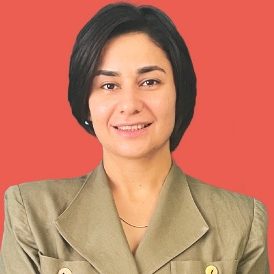
Natia Kalandarishvili-Mueller
Dr. Natia Kalandarishvili-Mueller, a dual national of Georgia and Switzerland, is a professor of international law at ALTE University in Tbilisi, Georgia, where she teaches public international law and international humanitarian law. She is the author of Occupation and Control in International Humanitarian Law (Routledge, 2021). In 2023, Prof. Kalandarishvili-Mueller was a Visiting Research Fellow at the Swedish Defence University, Center for International and Operational Law in Stockholm, under the scheme of EU Grant for Georgian Scholars, researching the inter-application of humanitarian law, human rights law and international criminal law in the context of sieges. Since 2008, Natia has been teaching international humanitarian law at Tbilisi State University, International Law Institute (ILI), at both BA and LLM levels, delivering lectures and seminars alike in Georgian and English. Prior to joining academia, Natia worked as a Chief Legal Specialist in International Law at the Office of the State Ministry for Reintegration of Georgia (currently the State Ministry for Reconciliation and Civic Equality), where she dealt with issues related to international humanitarian law. She holds a Law Degree from Tbilisi State University, an LLM in IHL from the Geneva Academy, and a PhD in Law from the University of Essex.

Rajesh Kumar
Dr. Rajesh Kumar is an academician with a strong foundation in constitutional law, federalism, and National Security aspects. He earned his Ph.D. in 2022 from the Faculty of Law, University of Delhi. Prior to this, he completed his LL.M. with a specialization in Constitutional Law from the same institution in 2016, following his LL.B. from Campus Law Centre, University of Delhi in 2012. He also holds a Master’s degree in Political Science from Kurukshetra University, Kurukshetra.
Dr. Kumar is an accomplished academic with a strong international presence, having been invited as a speaker to prestigious conferences and workshops globally. In 2024, he participated as a speaker at the 10th International and Comparative Urban Law Conference in London, organized by Urban Law Center, Fordham Law School, Fordham University. He also participated as a Focus Talk speaker at the 8th and 9th Symposium for Alumni and Early Career Researchers hosted by the Max Planck Society in Berlin. His contributions extend to the 9th International and Comparative Urban Law Conference in Accra, Ghana; the 6th Annual International and Comparative Urban Law Conference in Sydney, Australia; and 3rd Young Researchers Workshop on Terrorism and Belligerency in Haifa, Israel, etc. Additionally, Dr. Kumar has engaged in numerous online workshops and seminars, including those organized by institutions like the University of Milan, Max Planck Alumni Association, and the Institute for Law Teaching and Learning. His participation in these esteemed forums underscores his expertise and commitment to advancing legal scholarship on a global scale.
Currently serving as a Visiting Faculty at the Campus Law Centre, Faculty of Law, University of Delhi, Dr. Kumar has also taught at the Delhi School of Journalism, University of Delhi. His teaching expertise spans Constitutional Law, Administrative Law, Law of Torts, Jurisprudence, Media Laws, and Media & National Security. He has been actively involved in various professional and community activities, including providing free legal aid and participating in jail inspections with the Legal Aid Society.
Dr. Kumar’s research interests include Comparative Constitutional Law, Administrative Law, International Law, Environmental Law, and Jurisprudence. He is a member of several prestigious organizations, including the Max Planck Alumni Association, The Indian Society of International Law, and Delhi High Court Bar Association. His scholarly contributions are widely published in national and international journals, reflecting his deep engagement with the academic community.

Rogier Bartels
Dr. Rogier Bartels obtained his law degree from the University of Utrecht (2003) and a specialised LL.M. from the University of Nottingham (2004). In 2022, he obtained his doctorate in law from the University of Amsterdam. Rogier is a Legal Officer in the Chambers of the International Criminal Court. Since 2019 and 2020, respectively, he is also a part-time judge in the District Court of Amsterdam and part-time appeals judge at the Court of Appeals in The Hague, where he sits on domestic criminal trials and extradition cases on an occasional basis

Tikumporn Rodkhunmuang
Tikumporn Rodkhunmuang is currently a doctoral student at Faculty of Law, University of Geneva, Switzerland. He obtained LL.M. from Tsinghua Law School, Tsinghua University, the People’s Republic of China. He is conducting research on the recent developments of global health law and artificial intelligence. His publication is with the Springer entitled “Revitalizing Anthropological Approaches in International Law: From International Law to Global Law”.
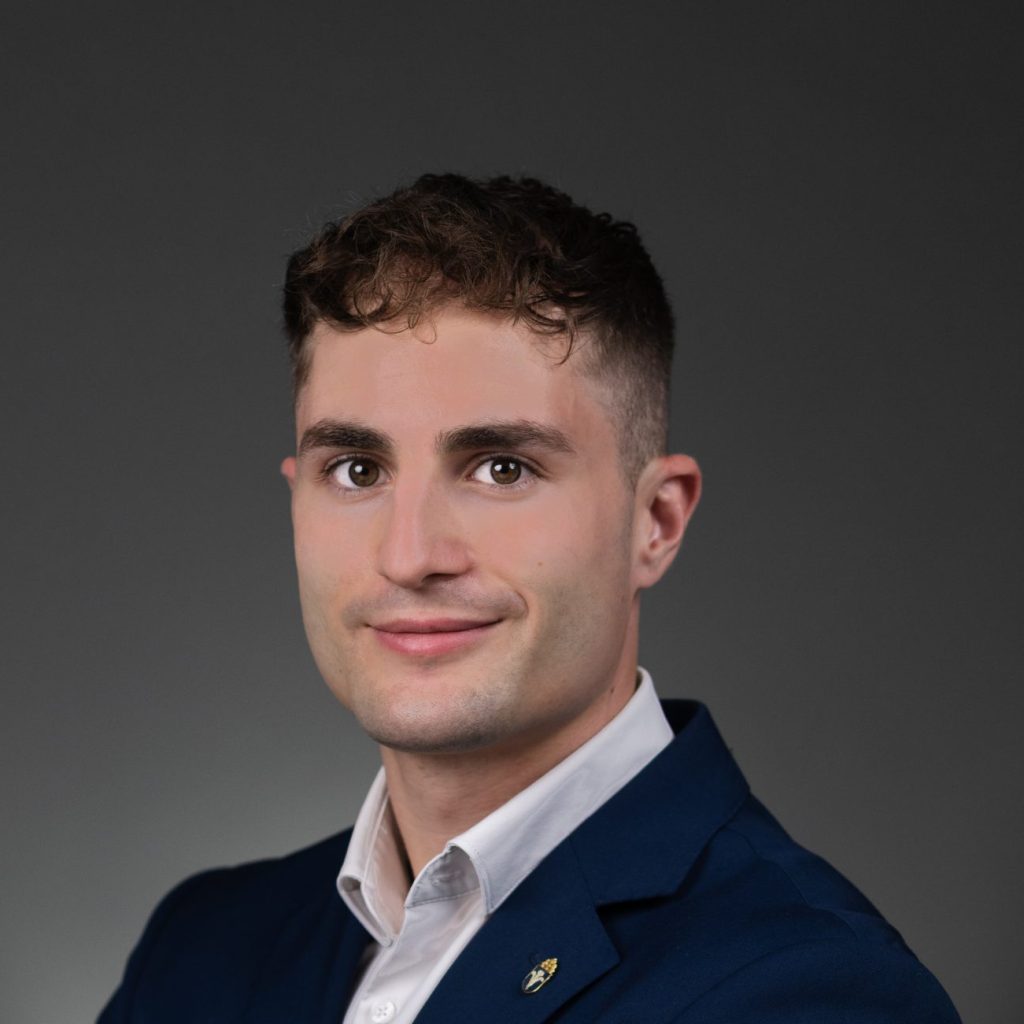
Zénó Suller
Zénó Suller is a PhD candidate at Pázmány Péter Catholic University, Doctoral School of Law with a dissertation focused on The Use of Force and Intervention by Invitation. Since 2020, he has been a Lecturer in Public International Law at Pázmány Péter Catholic University, a position he held until 2024. In 2022, he spent a semester at Universidad San Francisco de Quito, and in the summer of 2023, he was a visiting researcher at the Institut de Recherche en Droit International et Européen de la Sorbonne. He also served as an Assistant Coach for the IBA-ICC Moot Court Competition from 2021 to 2023.

Ziv Bohrer
Dr. Ziv Bohrer is a Senior Lecturer at Bar-Ilan University Faculty of Law. His main research field is Public International Law, with an emphasis on researching both current and historical issues relating to International Humanitarian Law (Law of War) and to International Criminal Law. In recent years, he has been researching (among other things) the forgotten, centuries-long, pre-WW2 history of International Criminal Law. Dr. Bohrer holds bachelor degrees in law and in psychology from Haifa University (2002), and a LL.M. (cum laude; 2007), as well as a Ph.D. in law (2011) from Tel-Aviv University. His doctoral dissertation addressed the Superior Order Defense in International Criminal Law, as well as in Domestic-Comparative Criminal Law, examining the issue both from a legal-doctrinal perspective and from several different (multi-disciplinary) theoretical perspectives.
Ziv was a Visiting Scholar at the Max Planck Institute for Comparative Public Law and International Law, Heidelberg, Germany (2019-2020); at Cambridge University Law Faculty, UK (2017), and at Michigan University Law School, USA (2011-2012). He also was a Research Fellow at the Hebrew University – Sacher Institute for Legislative Research and Comparative Law (2012-2013), and a Visiting Lecturer at University of Georgia (UGA) Law School (2015).
Dr. Bohrer has published in various academic journals, including: Law & History Review, and Michigan Journal of International Law
For questions and requests please contact Ido Rosenzweig via ido.rose@gmail.com
